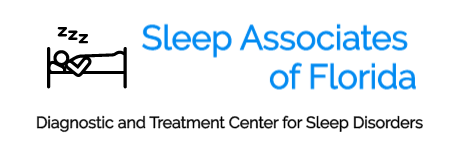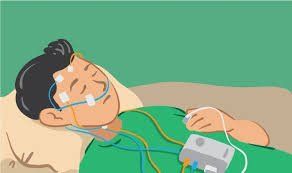Our services
Home Sleep Studies
Home sleep studies/test are the shortest and quickest way to diagnose obstructive sleep apnea.
Once you are approved for this test we will mail you a kit with the testing machine and clear, easy instructions you can follow without assistance at home.
You need to use the machine for two nights in your regular sleeping arrangements.
Video links are attached on this page for those who want to watch video instructions on the simple, easy to do set up.
Once you mail the device back to us, we will download the data collected and evaluate it. At that point we will be able to determine if you need followup and what treatment is necessary.
Our fees are the lowest in the industry and cost effective. We mail the test, so this is an option for you no matter where you live.
If you would like to know more about this testing option please contact our scheduling center at 1-877-753-3720
or email us at info@sleepfl.com.

